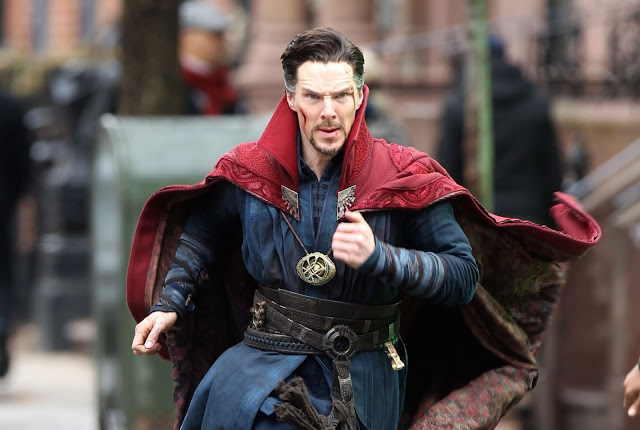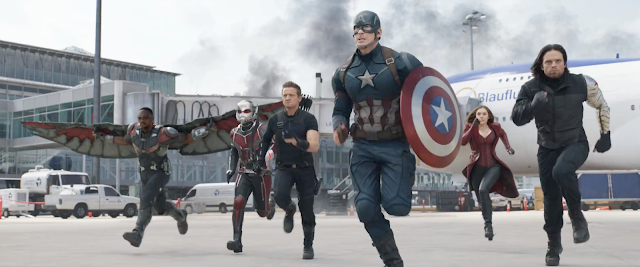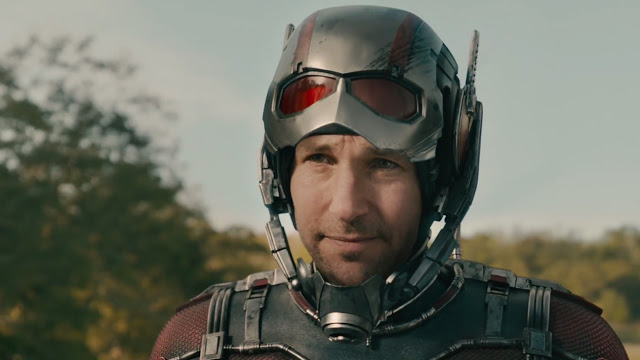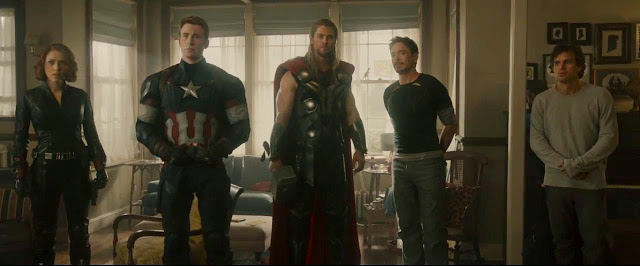Doctor Strange: Do No Harm. Save the World.
Doctor Strange opens with a dizzying, disorienting sequence of eye-popping incredulity. Somewhere in a South Asian monastery, a man in a robe rips a few pages out of a heavy, important-looking book, then flees from a hooded figure. While running, the man waves his hands and opens a portal to a different continent, and the action suddenly shifts to a brightly lit European metropolis. There, rather than engaging in hand-to-hand fighting, the combatants somehow will objects into motion, and their very surroundings—the buildings, the pavement, the sky itself—seem to twist and contort around them. When I watched this scene, I had absolutely no idea what was happening; now, having seen the entire film, my understanding is only marginally improved. Yet while I was (and remain) clueless, I was nevertheless riveted by the sheer vigor of the filmmaking, the visual dynamism and formal audacity. The ability to induce this sensation—a feeling of awestruck confusion and slack-jawed wonder—is the greatest achievement of Doctor Strange. It may not make a lick of sense—the more it attempts to clarify itself, the more tedious it becomes—but damn is it cool.
Eventually, anyway. Setting aside its discombobulating prologue, the opening act of Doctor Strange functions as a reliably formulaic superhero origin story. Its protagonist, Stephen Strange, is a supercilious New York neurosurgeon, the kind of only-in-the-movies doctor who routinely performs impossible procedures with unmatched skill and unflappable calm. He is as callous as he is capable, and while he may be a medical genius, he’s something of a social misfit; it’s almost as if Sherlock Holmes has swapped out his pipe and deerstalker cap for a surgical mask and gloves. That impression, of course, is hardly coincidental: Strange is played by Benedict Cumberbatch, the immensely talented English actor who first wriggled his way into most viewers’ hearts as the titular detective on the BBC’s Sherlock. Here, he’s just as smart but even more disdainful. When he pauses during a particularly perilous operation to tell a subordinate to stifle his wristwatch (because its ticking second-hand is interfering with his concentration), you can taste the haughty intelligence dripping off him. Read More




